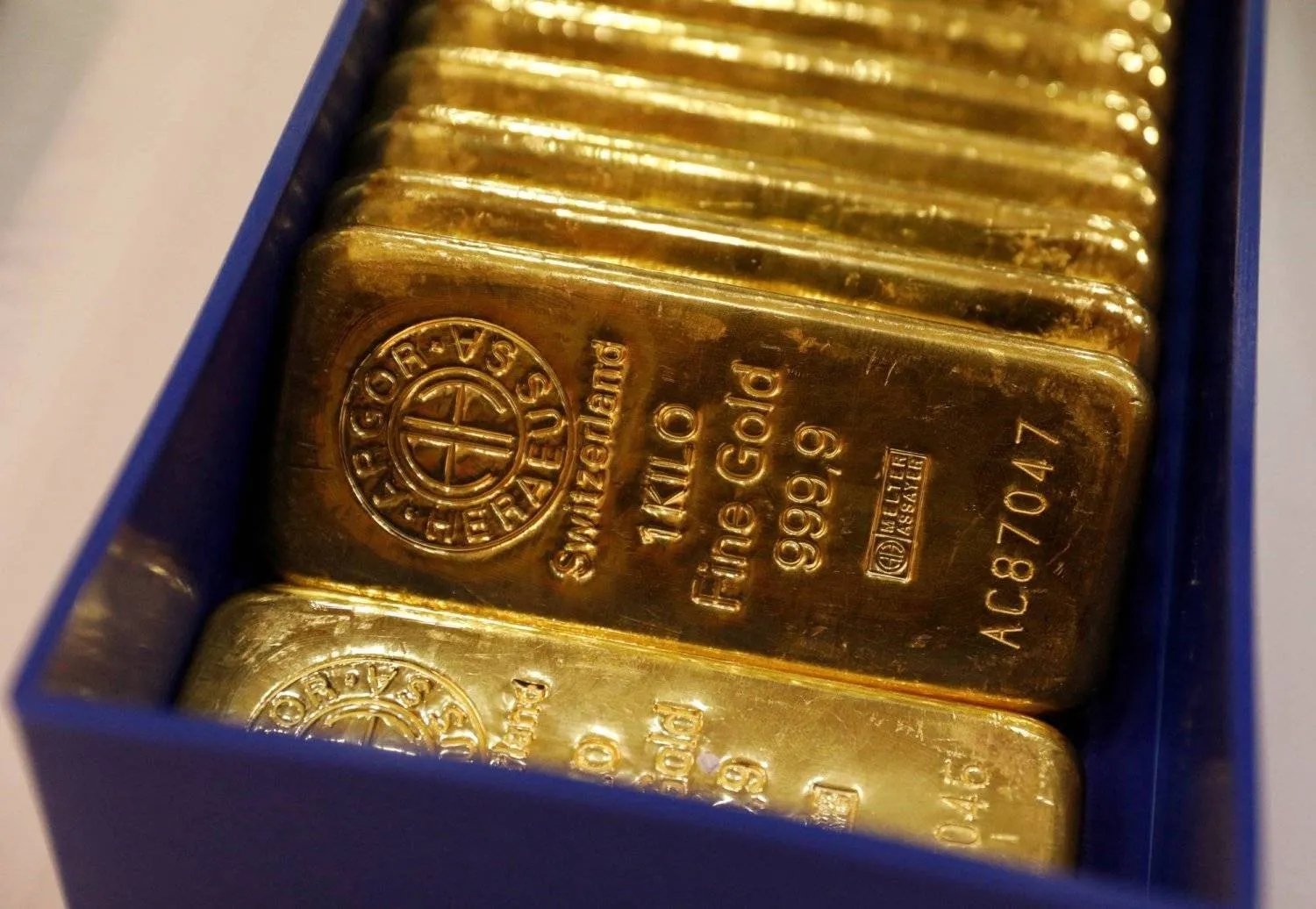Gold prices dropped on Friday, poised for their steepest weekly decline in over five months, pressured by a stronger dollar and as markets absorbed the implications of Donald Trump's victory and its potential impact on US interest rate expectations.
Spot gold fell 0.6% to $2,690.62 per ounce as of 9:50 a.m. ET (1450 GMT), and was down 1.6% for the week.
US gold futures shed 0.3% to $2,697.90.
The dollar index gained 0.3%, on track for a weekly gain, Reuters reported
"In the last month, the story has been the uncertainty risk of the election and if there was going to be normalisation of transition, but this election appeared to be very decisive on the White House," said Alex Ebkarian, chief operating officer at Allegiance Gold.
"A lot of risk-on assets started benefiting in terms of the potential future implication of policies, so we had money go out of metals into these alternatives."
The Federal Reserve on Thursday cut interest rates by 25 basis points, but indicated a cautious approach to further cuts.
Trump's victory has fuelled questions about whether the Fed may proceed to cut rates at a slower and smaller pace, given the former president's tariff policy.
However, Fed Chair Jerome Powell said the election results would have no "near-term" impact on monetary policy.
The prospect of rate cuts, starting with the half basis point reduction in September, has underpinned gold's record rally this year.
Although bullion is reputed as a hedge against inflation, higher interest rates reduce non-yielding gold's appeal.
"Should markets restore the odds for a pre-Christmas Fed rate cut...that should help keep spot gold above the psychological $2700 level," Exinity Group Chief Market Analyst Han Tan said.
On the physical front, gold demand in India faltered, while Japan and Singapore saw some buying.
Spot silver fell 1.3% to $31.58 per ounce, platinum fell 1.8% to $979.15, palladium shed 2.3% to $1,001.25. All three metals were heading for weekly declines.









